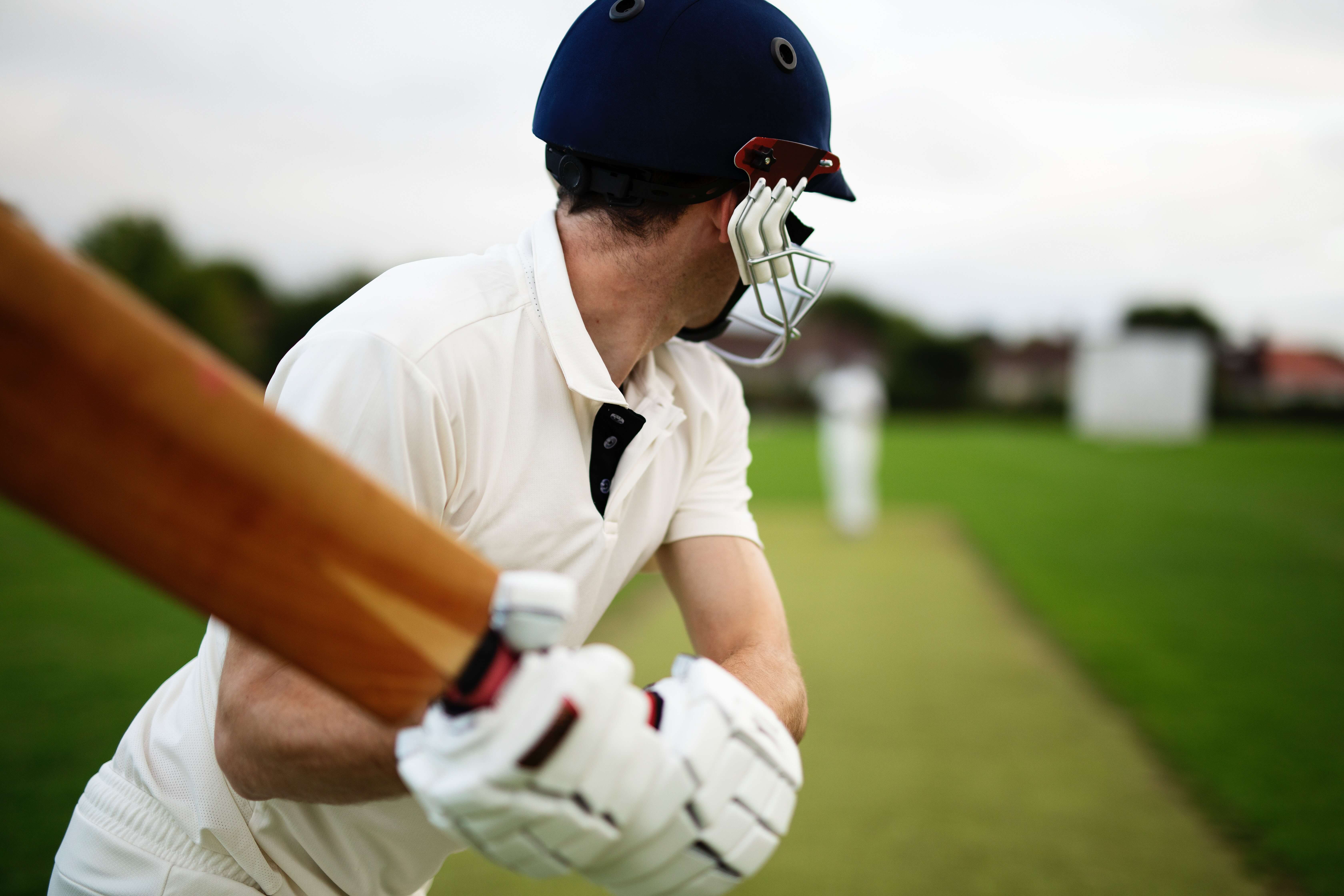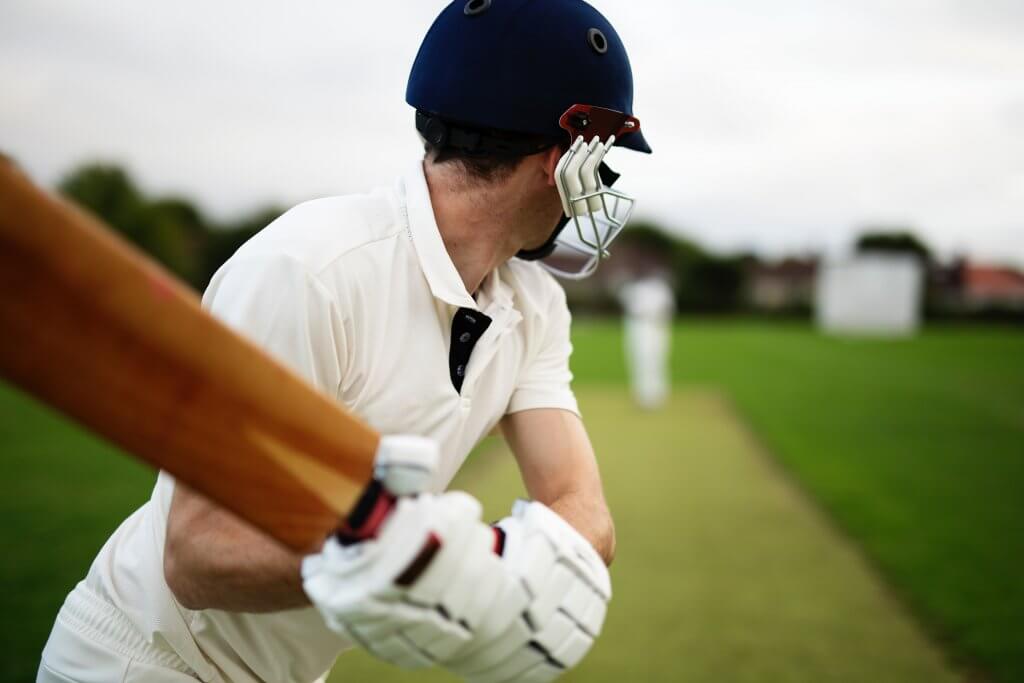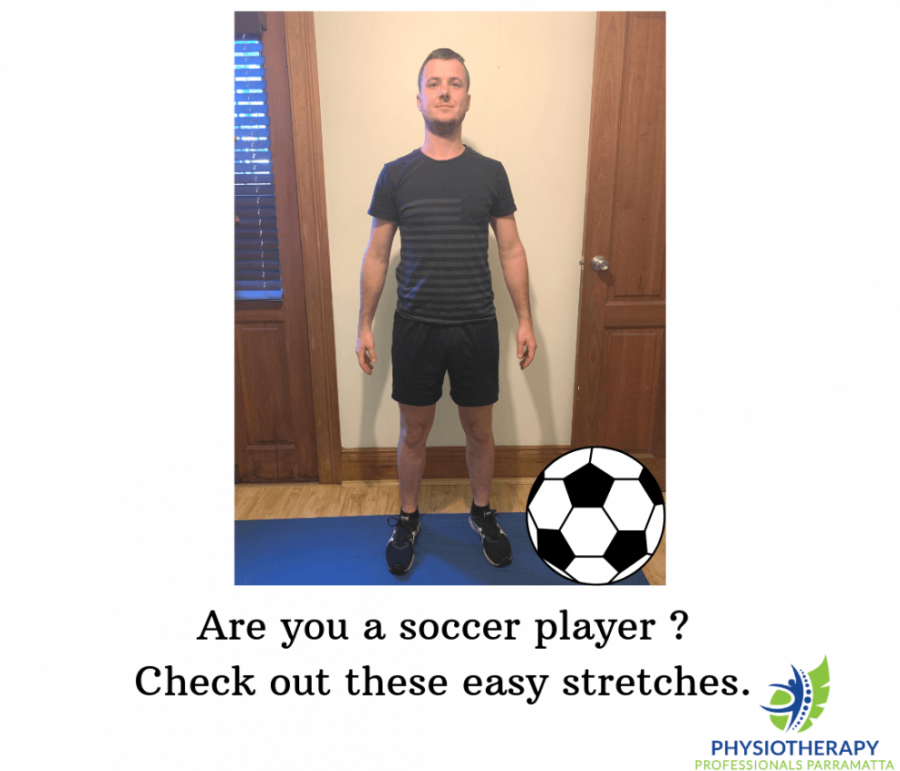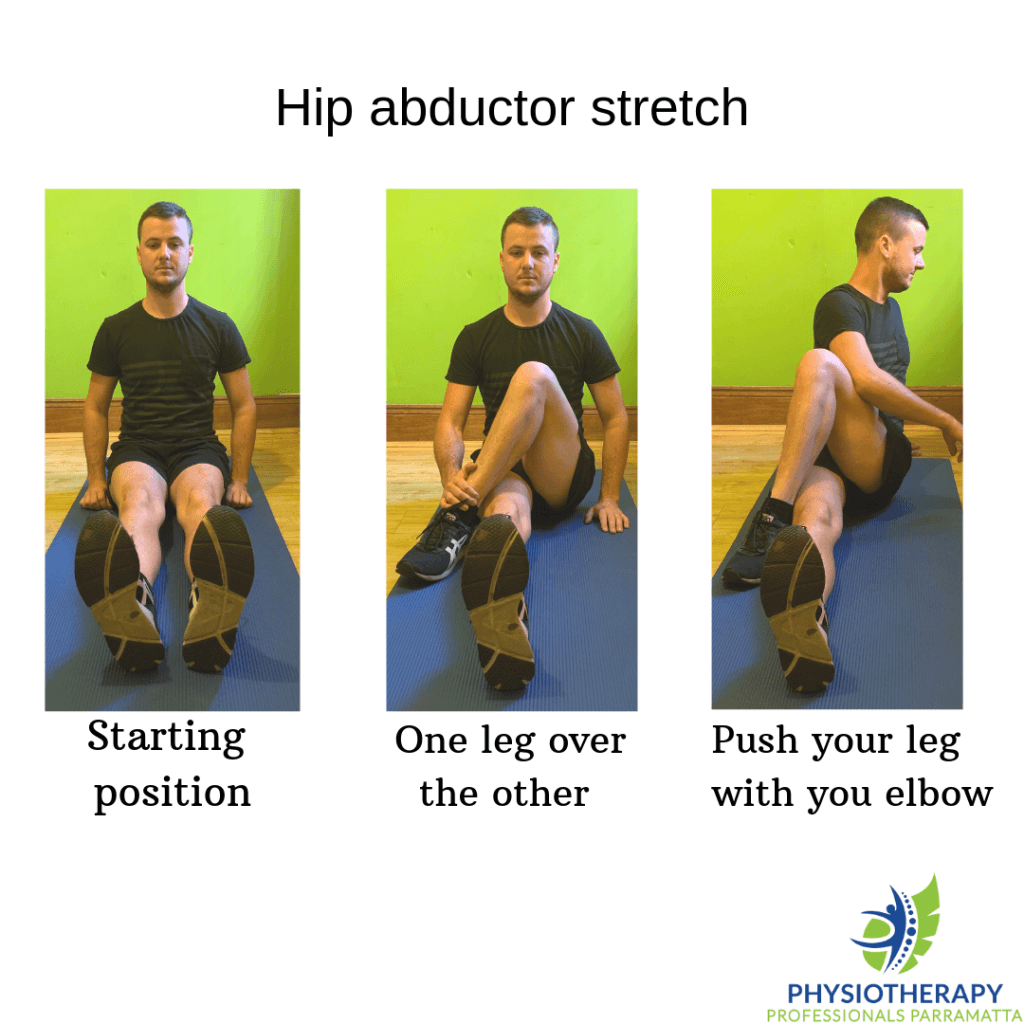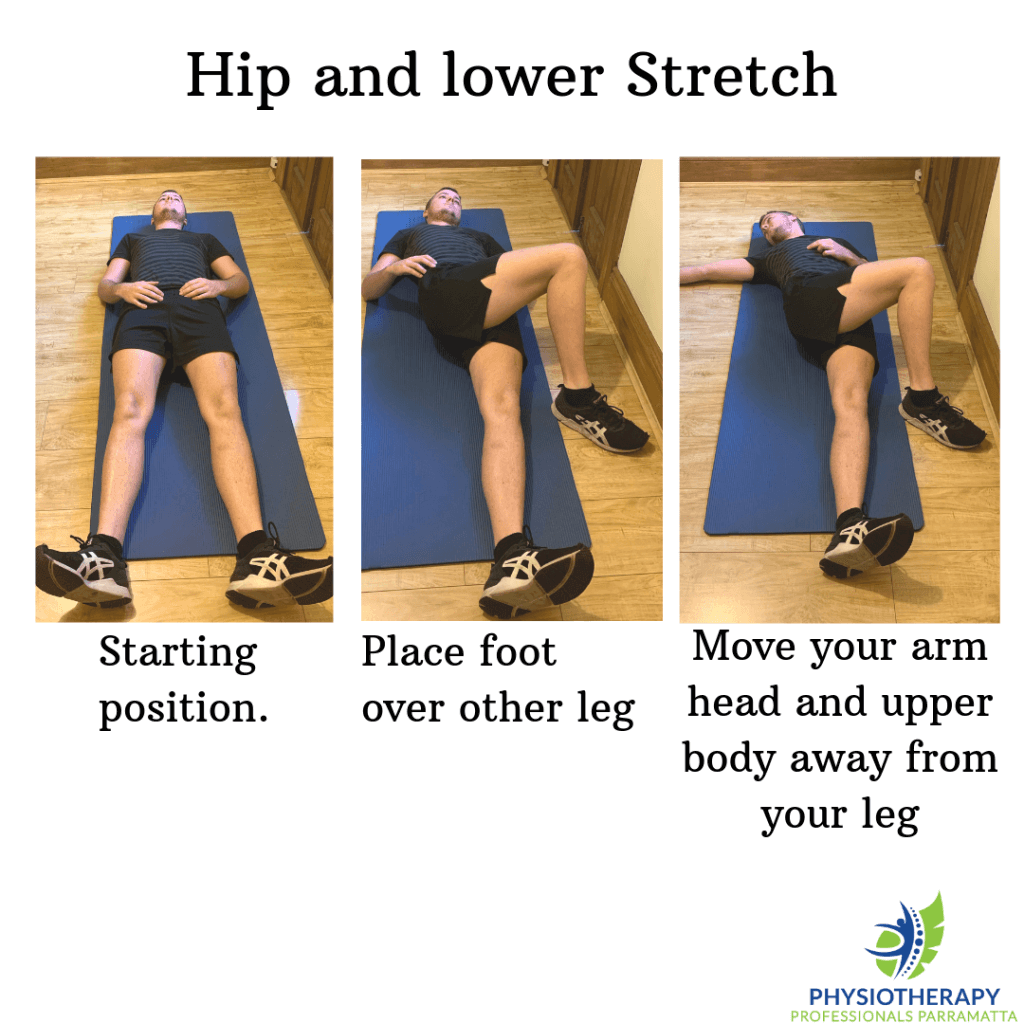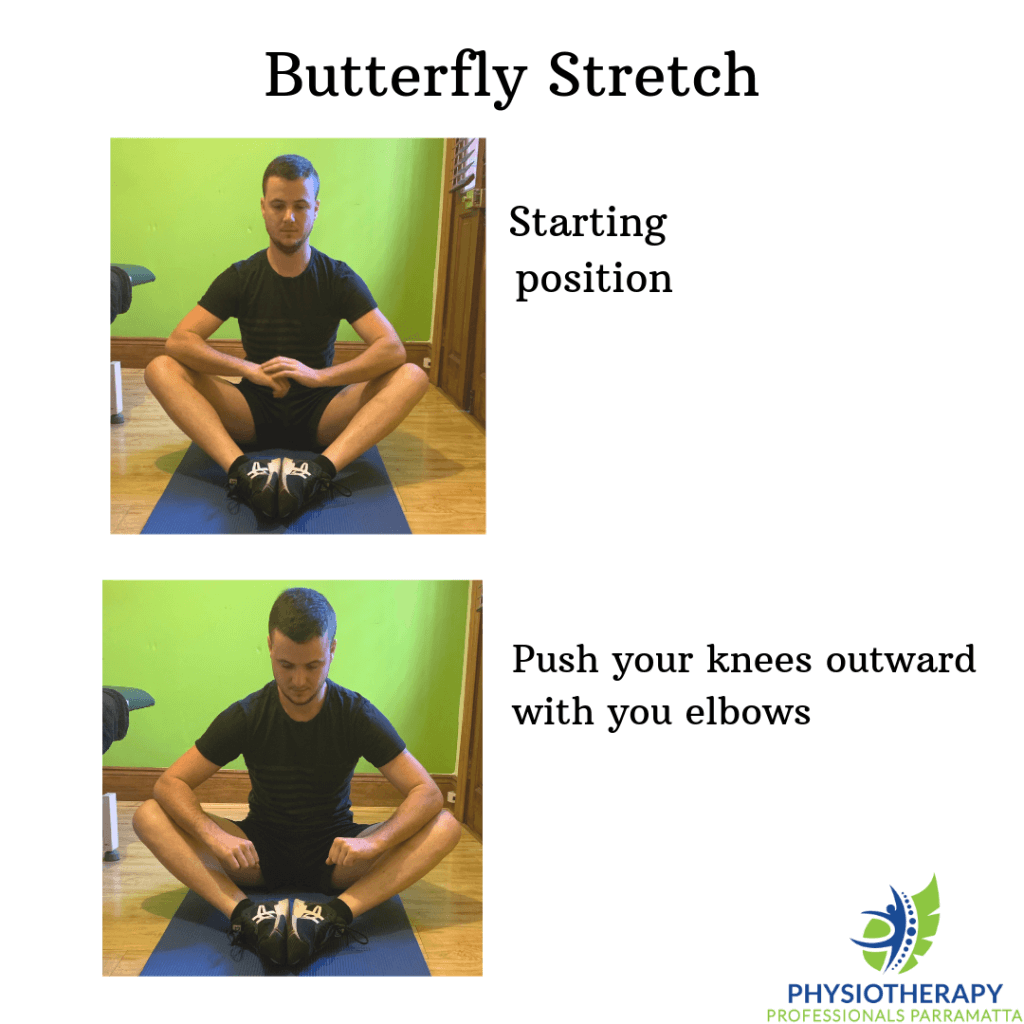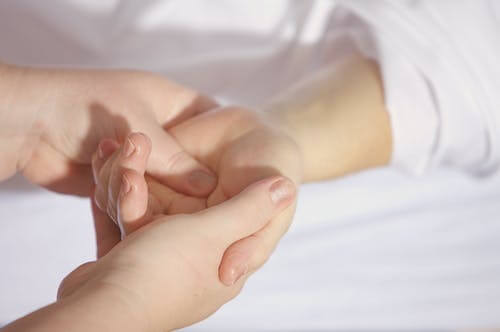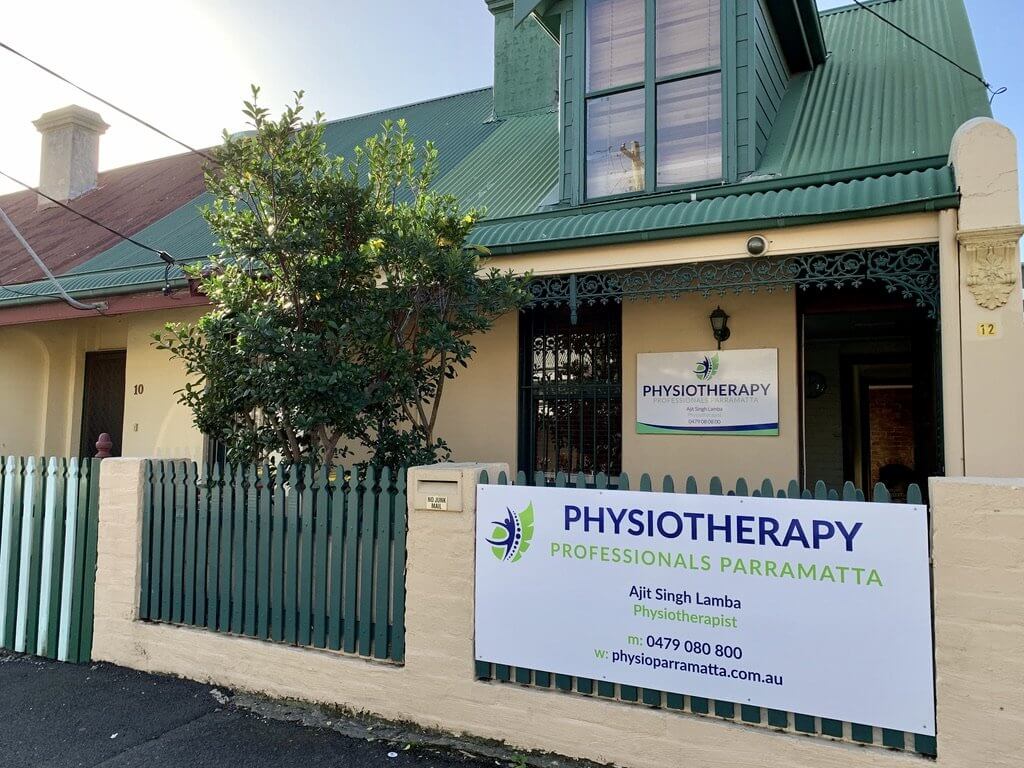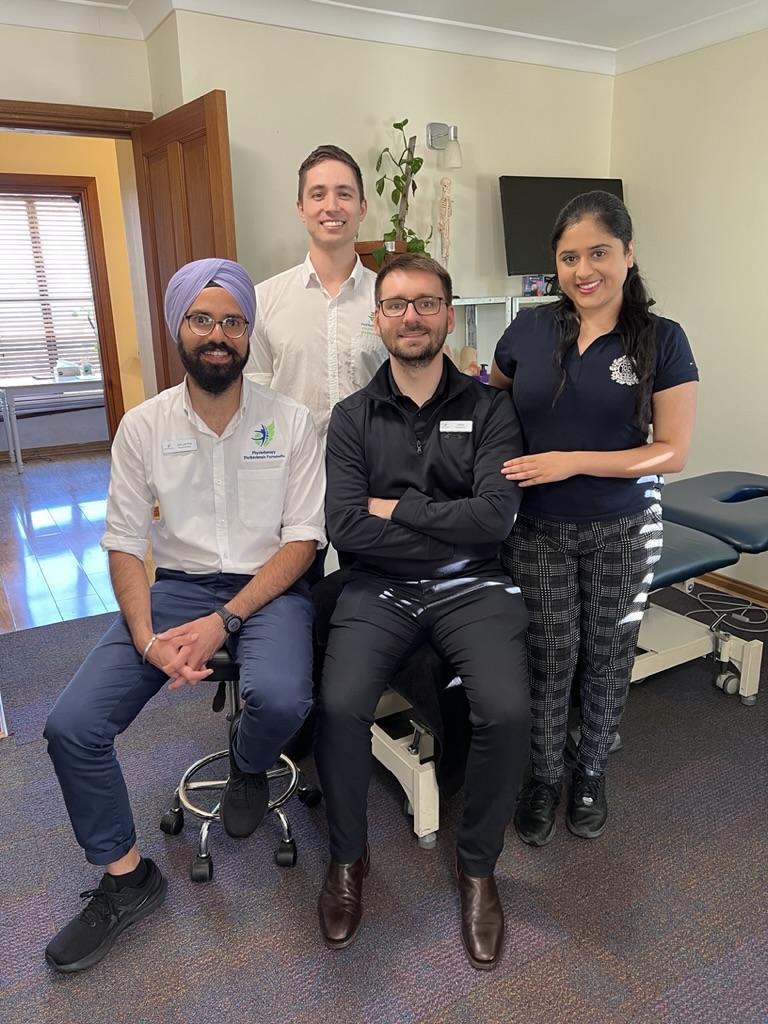Common Cricket injuries!
Parramatta, Physio, Cricket, Shoulder, Injury, Muscles
Shoulder pain is one of the most common injuries in cricket. In this article we talk about Rotator cuff injuries. We will explain what the rotator cuff is and how you can prevent these injuries or how we can help you after an injury. And most importantly assist you in achieving your best bowing or batting action!
What is the Rotator Cuff?
The rotator cuff are four muscles that stabilize the shoulder joint. For an optimal stabilisation and movement of the shoulder, you need all four muscle to be intact. The muscles are the teres minor, infraspinatus, supraspinatus and subscapularis.
Why are cricket players prone to shoulder injuries?
As we said before, the rotator cuff muscle are stabilizers. Injuries to these muscles happen due to imbalance between the four muscles. Each muscle has his own function. The teres minor and the infraspinatus both help with the external rotation of the arm, the supraspinatus helps with abduction of the arm, subscapularis helps with the internal rotation and the adduction.
In cricket the throwing action, the internal rotation, is very important. After releasing the ball there is a brake movement. During the throwing action the subscapularis and the teres major are in action but for the brake infraspinatus and the teres minor are in action. If these are weak there is too much force on the throwing muscles, and this can cause injuries. It’s not only during these moments that the rotator cuff muscles can get injured. A fall or other impacts can cause traumatic injuries as well.
What treatments are there after an injury?
What treatment you need depends on what kind of injury you have. If it’s an acute sprain or strain, it’s a good idea to ice to reduce the swelling and starting Physiotherapy to strengthen and keep the muscles flexible. More chronic injuries can include stress fractures to the bone or a full tear of one of the muscles.
For more information on how we can further assist you, please call our clinic number on 0479 080 800 or send us an email on [email protected].
Our Physiotherapists are Medicare, NDIS, DVA and Work Cover approved, specializing in injury management and rehabilitation to get you back to full function.

